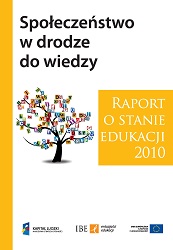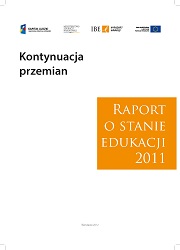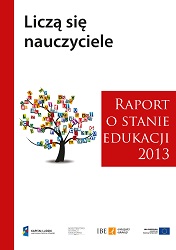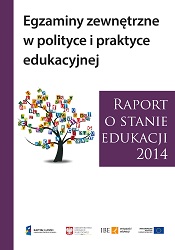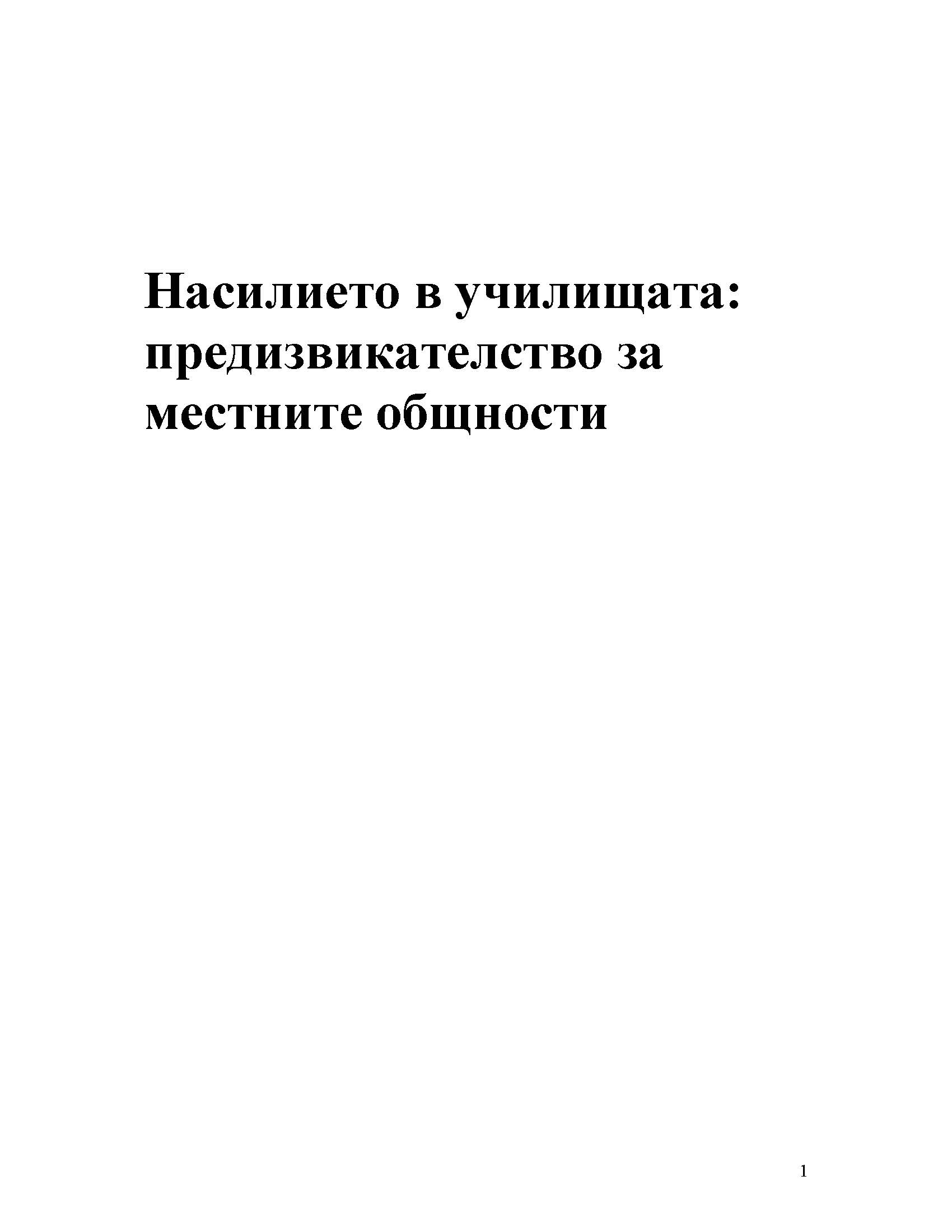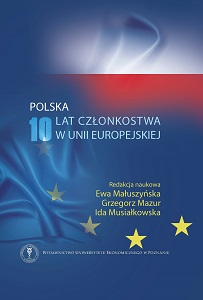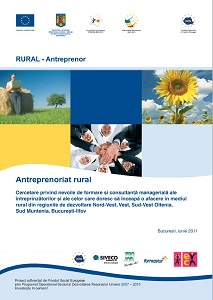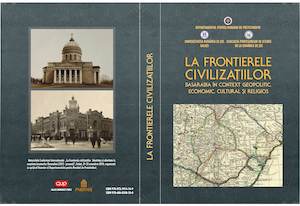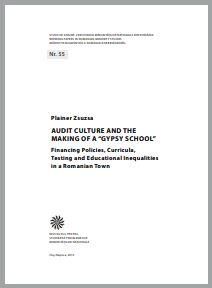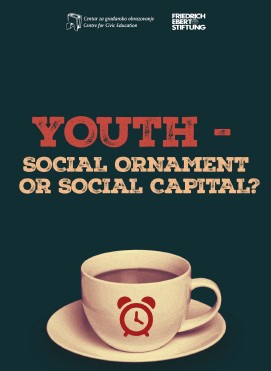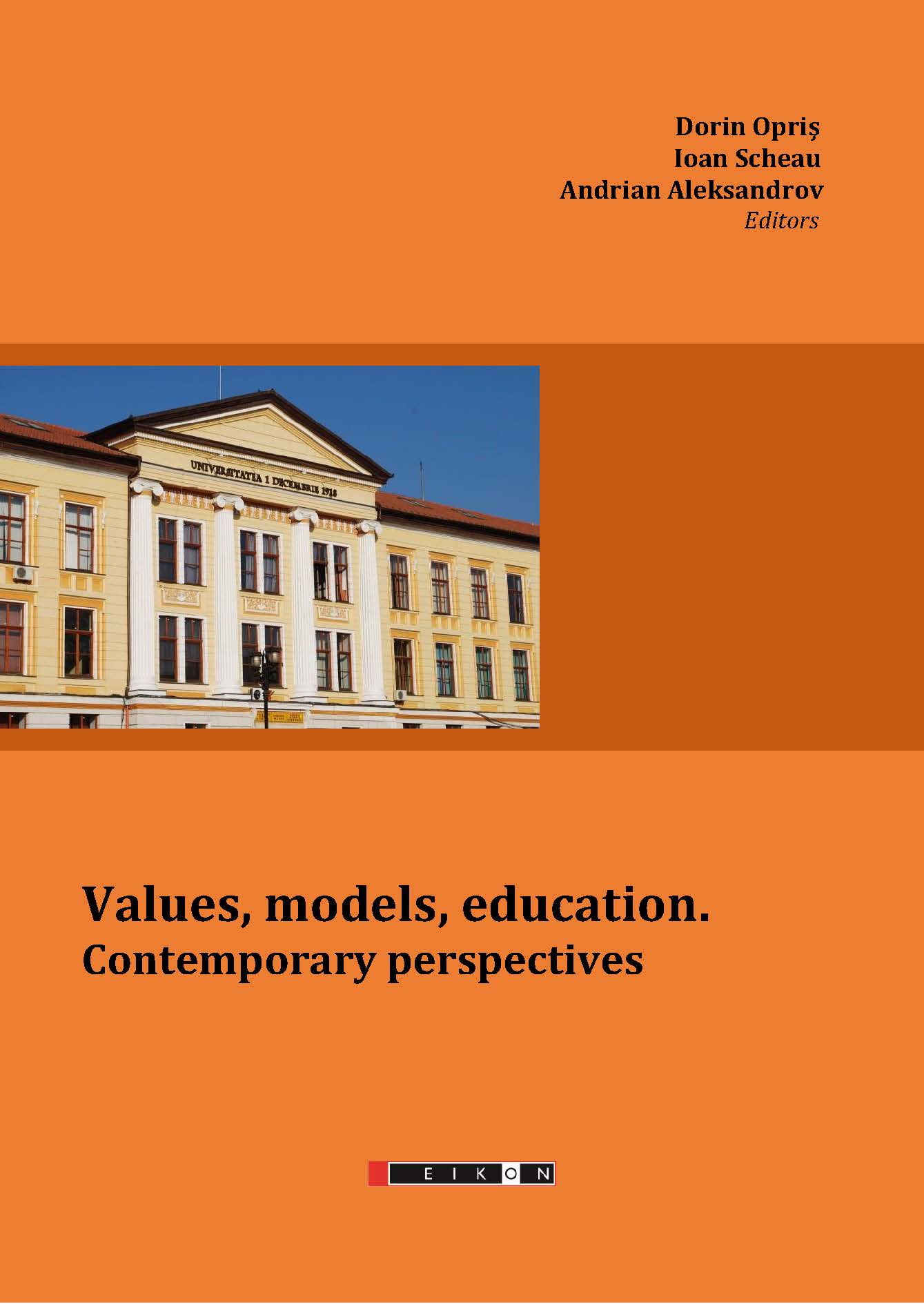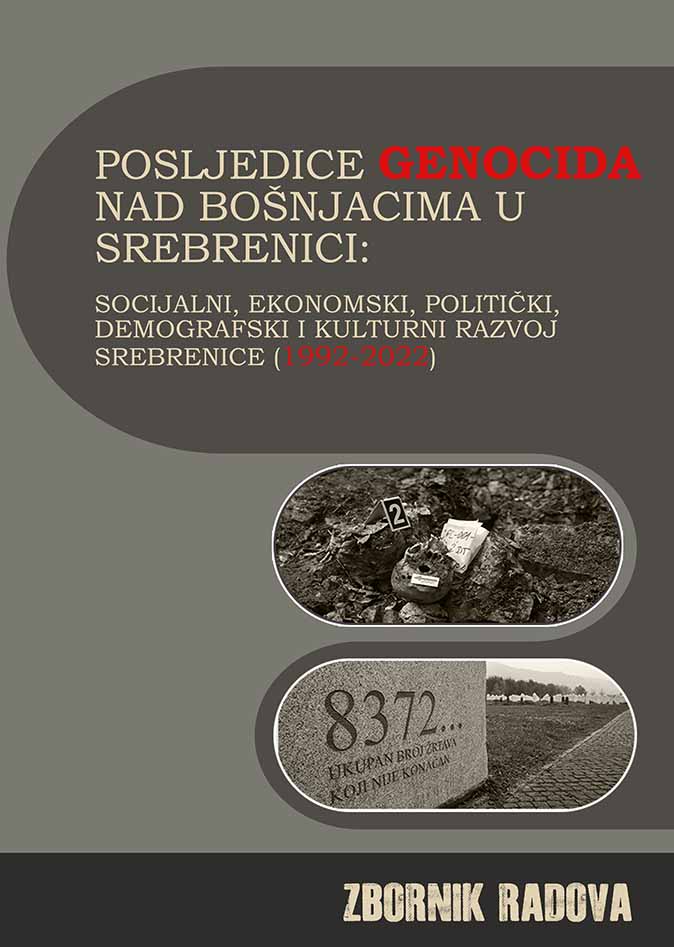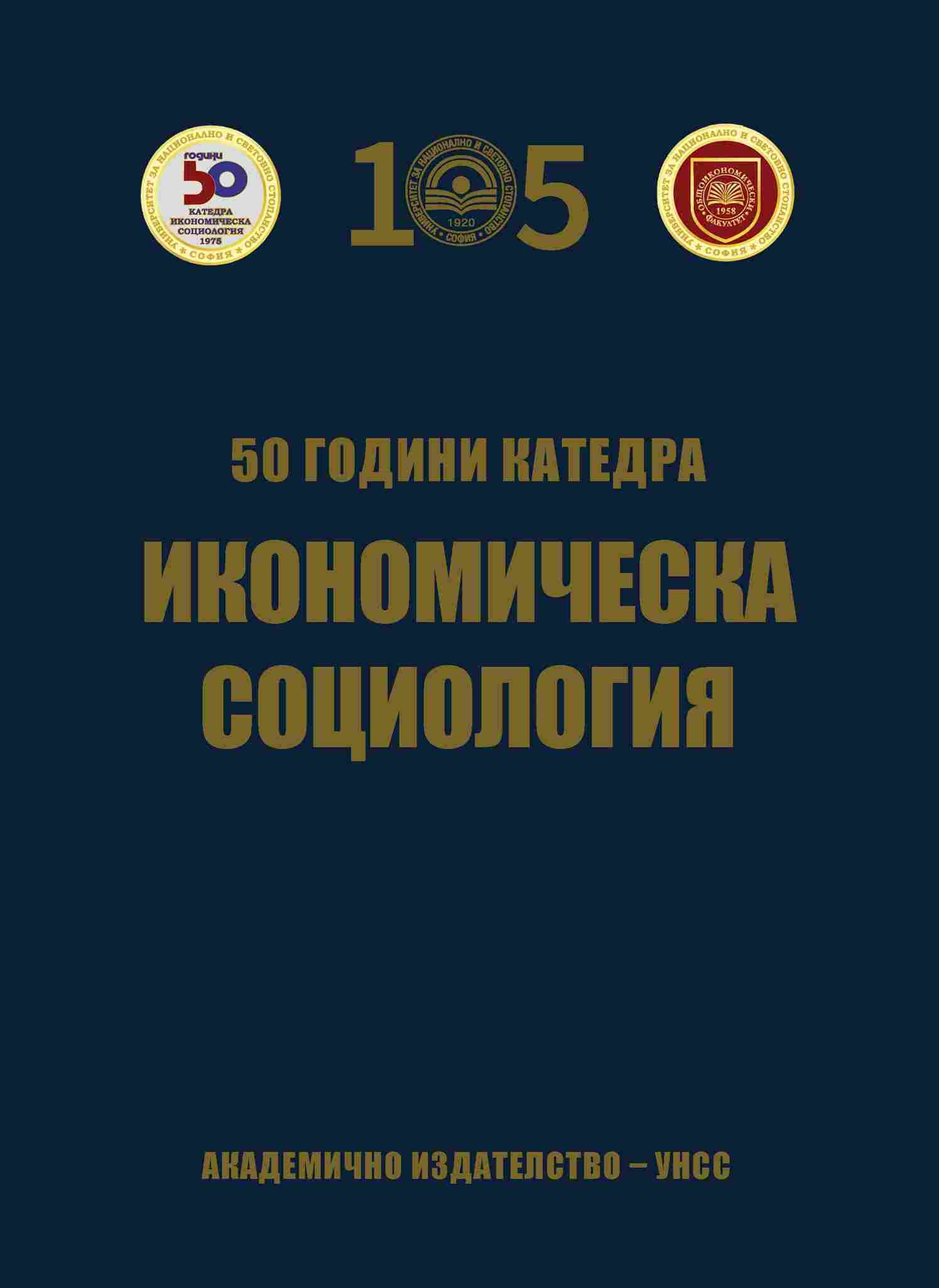Author(s): Salih Kulenović,Sead Jahić,Senad Gutić / Language(s): Bosnian
Publication Year: 0
Općina Srebrenica nalazi se u istočnom dijelu Bosne i Hercegovine. Graniči s općinama: Bratunac na sjeveru i sjeveroistoku, Višegrad i Rogatica na jugozapadu, općinom Milići (dio bivše općine Vlasenica) na zapadu, a na jugu granica ide rijekom Drinom u dužini od 40 km koja je i međunarodna granica između Bosne i Hercegovine i Republike Srbije. Površina teritorije općine Srebrenica je 529,83 km2. Prema popisu stanovništva 1991. godine na prostoru općine Srebrenice živjelo je ukupno 36.666 stanovnika ili 0,84% od ukupnog stanovništva Bosne i Hercegovine. Bošnjaka je bilo 27.572 ili 75,20%, Srba 8.315 ili 22,70% i ostalih 779 ili 2,12%1. Gustina naseljenosti u općini iznosila je 69,6 st/km2 (u Bosni i Hercegovini 85,6 st/km2). U političko-administrativnom pogledu 1991. godine Srebrenica je imala 19 mjesnih zajednica u kojima se nalazilo 80 naselja od kojih je jedno pripadalo gradskom, a 79 seoskom tipu naselja. Prema prirodnom priraštaju koji je iznosio 13,2‰ 1991. godine, općina Srebrenica bila je na petom mjestu u Bosni i Hercegovini i to poslije općina Žepče, Velika Kladuša, Živinice i Kalesija. U periodu 1992‒1995. godine na području općine Srebrenica, kao i na prostoru cijele Bosne i Hercegovine, dogodile su se krupne demografske promjene. Masovni zločini koje su nad nedužnim bošnjačkim stanovništ-vom vršile tzv. Vojska RS i policija RS, pod vojnom komandom ratnog zločinca Ratka Mladića i političke direktive ratnog zločinca Radova-na Karadžića, dostigle su vrhunac u općini Srebrenica kada su srpske oružane formacije okupirale “sigurnu zonu UN-a” Srebrenicu, jula 1995. godine, i počinile genocid nad nedužnim bošnjačkim stanovništvom.
More...
